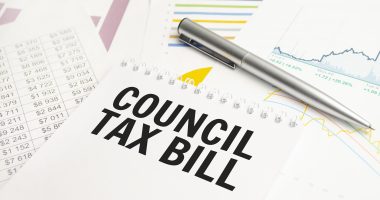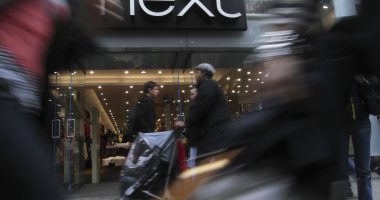HIGH-EARNING parents have been urged to keep paying child benefit charges despite a landmark legal ruling that suggested some people could be due refunds.
The taxman is set to appeal a ruling that said a controversial charge on parents earning more than £50,000 cannot be made by HMRC using its “discovery powers” if no self-assessment has been filed.
Most parents can claim £84.60 a month in child benefit for their first child – or £21.15 a week.
They can also claim £56 for each extra child, which works out at £14 a week.
The government introduced new rules in 2013 that said anyone earning more than £50,000 has to pay a high income child benefit charge (HICBC) to continue receiving it.
The Sun has previously covered complaints that this change wasn’t well-publicised and has left parents with unexpected tax bills.
Jason Wilkes was caught out by this and hit with a backdated tax bill of £4,000 after the taxman contacted him in 2018 to say he may owe the tax due to his earnings.
The taxman used its investigation powers to launch a discovery assessment to look into his income.
But Mr Wilkes challenged this and argued that HMRC could not use this discovery method as it was only relevant for those who complete a self assessment tax return, which he doesn’t.
Mr Wilkes won a first-tier tribunal case and HMRC lost an upper tribunal appeal in June.
Law firm Collyer Bristow, which helped Mr Wilkes with the appeal, said at the time that other affected parents who have been charged in this way could be able to seek refunds or have investigations scrapped.
But HMRC has hit back and is now set to appeal the latest ruling as it warns high-earning parents that they still need to pay the charge.
What is the high income child benefit charge?
THE high income child benefit charge was introduced in 2013.
It is equal to 1% of a family’s child benefit for every £100 of income that is over £50,000 each year.
HMRC calculates how much you owe from your self-assessment tax return.
If an individual’s income is over £60,000 then the charge will equal the total amount of the child benefit.
You can be charged up to 30% of the tax due if you deliberately fail to tell the taxman that you are supposed to pay the charge, according to HMRC guidance.
For example, someone earning £55,000 and claiming for one child would have received £1,115.65 in the previous tax year but would have to pay £557 to cover the HICBC, according to HMRC’s child benefit calculator.
A 30% charge for failing to notify HMRC that they should have paid would add an extra £167 to their bill.
There may not be a charge if you have a reasonable excuse for not informing HMRC.
An HMRC spokesperson said: “Having considered the findings of the upper tribunal, HMRC has decided to apply for permission to appeal this case.
“Customers should continue to comply with the existing guidance on child benefit and HICBC.
“All of the taxpayers who have been assessed are still liable to the HICBC, and nothing in the tribunal’s decision calls that into question.”
Parents have lost out on £6.8billion since the child benefit cap was introduced in 2013.
Meanwhile, thousands of parents have been warned they could be forced to repay child benefits.
We explain how to check if you’re owed £1,100 a year in child benefit if your income has dropped.










